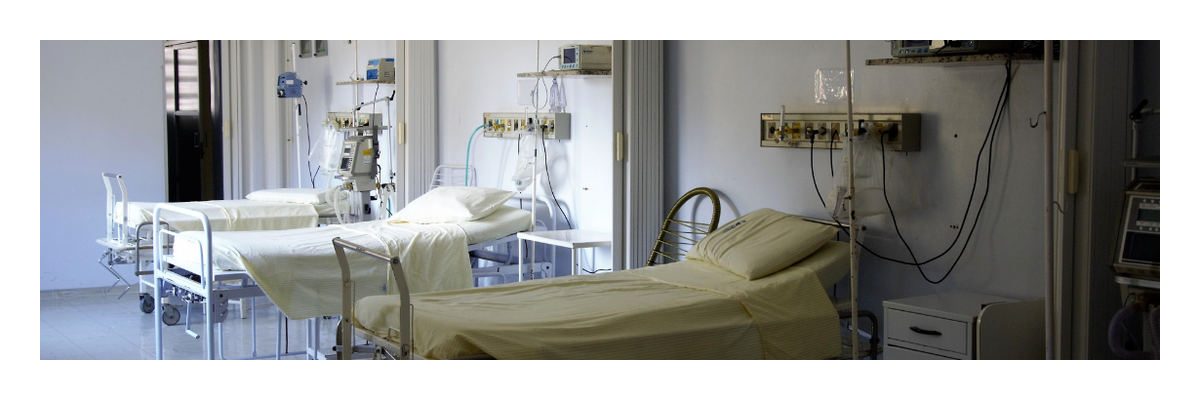YouGov data indicates that a third of consumers around the world don’t feel that their health service is as available to them as it was before the pandemic
COVID-19 has put significant and unexpected pressure on health services across the globe. In many countries, managing the influx of hospitalised coronavirus patients has made fewer intensive care beds available, introduced new protocols for hygiene and safety, and led to the cancellation of non-urgent procedures.
YouGov data from across 17 international markets - encompassing Europe, APAC, and the Americas - reveals that, when asked in January 2020, two in five (41%) said their health service was as available and ready to treat them as it was before the pandemic. However, a third (34%) disagreed with the statement that their service was just as available to them as it was pre-pandemic.
Our research also suggests that the challenge that COVID-19 presents to international healthcare has not been distributed evenly. In markets such as Poland (63%), Great Britain (59%), and Spain (55%), a majority of the public disagree with the proposition that their health service has been as ready to treat to them as it was before the pandemic.
Italy, a nation that was hit by the pandemic early and severely, has three in ten people believing that healthcare capacity is as good as it was before, while almost half take the opposing view (47%). In Sweden, which did not implement a national lockdown in 2020, the same proportion agree - while two in five (41%) do not think their health service is just as available to them as it ever was.
The European picture is not uniformly negative. In France, for example, two in five (41%) say their health service is as available as it has been previously - with fewer than three in ten dissenting (28%) - and the same proportion agree with the statement in Germany (40% vs. 32% disagreeing).
If the picture in Europe is decidedly mixed, the perception of healthcare availability in APAC is more positive. Across every nation or territory in this region that we were able to reach through this survey, more consumers believe that their service is available and ready to treat them than not.
In Singapore, over three in five (63%) think their national service has returned to standard levels of care - with just 7% dissenting - and in China (where we have an online representative sample), over half (55%) say access is normal next to 9% who think it is not. In Hong Kong, it's a less optimistic picture (35% vs. 25%) but a plurality still think that healthcare availability has remained level. Each of these East Asian nations has had previous experience with public health crises such as SARS, and this may have helped inform their response to the pandemic.
Within other nations in the region such as the UAE (63% agree vs. 8% disagree), Australia (61% vs 14%) and India (58% vs. 14%), most consumers also report that their health service is just as available to them as it was before the pandemic struck.











